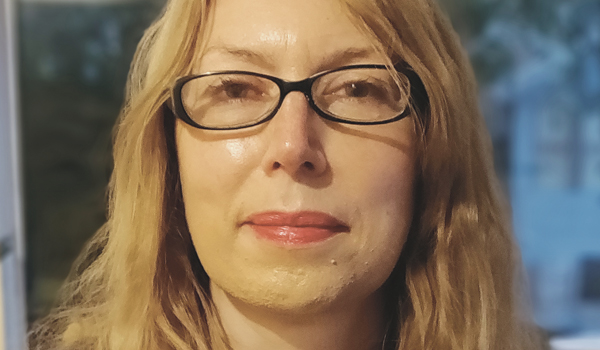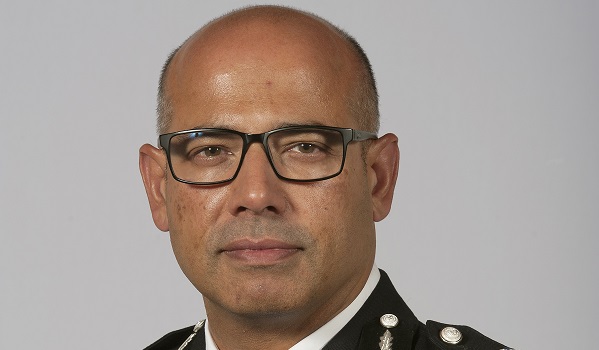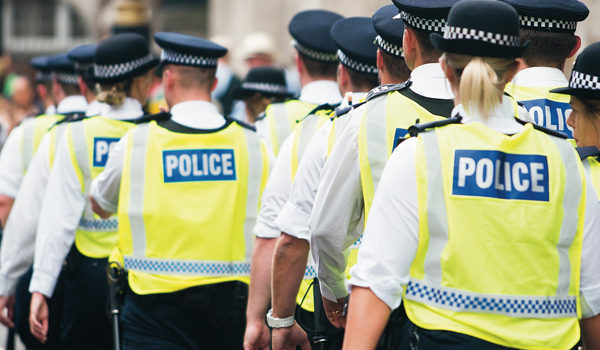Wrong not to tackle gendered hostility through misogyny lens
On February 28, MPs voted 314 to 190 to remove a Lords amendment from the Police, Crime, Sentencing and Courts Bill that sought to make misogyny a hate crime, writes Loretta Trickett.
Policing Minister Kit Malthouse said while the Government understands and shares the “genuine concern” about the safety of women and girls, a Lords amendment to the Bill “runs the risk of being damaging to the cause of women’s safety” and could have “unintended consequences”. His comments echoed the Law Commission’s recommendations on the reform of hate crime that adding ‘sex or gender’ to the list of ‘protected characteristics’ would do more harm than good, making it more difficult to secure convictions.
It will leave many women disappointed and frustrated. The charity Fawcett Society, in particular, said not including misogyny within the hate crime framework “ignores the experiences of women who are subject to hatred based on multiple factors”.
It seems the Government and the Law Commission do not appear to understand that misogyny often drives male crimes against women. So without a recognition of this, it is difficult to understand motivations and design responses and preventative programmes.
They also failed to understand that making sex/gender a hate crime, does not mean that all crimes against women and girls would automatically be prosecuted as hate crime. You need a baseline offence to prosecute as a hate crime and have to show hostility; hate crime does not trump other offences.
Recognising that misogynistic attitudes drive much of the violence against women and girls enables us to draw distinctions between men who treat women with respect and do not display such attitudes and those that do. At the moment, we are seeing the gradual realisation of the extent and impact of violence and harassment of women and girls, amid calls for challenging male attitudes and highlighting the role of men and boys as allies and role models. That approach comes directly from our misogyny evaluation at Nottingham Trent and Nottingham universities. Our work on misogyny has raised the profile of public harassment and violence across the UK and the world. It seems odd, therefore, to now abandon the notion and seek to address the issue of women’s safety without it. The issue of public harassment of women and girls was barely on the radar before the introduction of the Nottinghamshire Police Misogyny Hate Crime Policy, which acknowledged a range of abusive and harassing behaviours against women in public spaces, which are rarely reported to police.
And reporting, recording and prosecution of rape and domestic violence were, and remain, woeful. These issues are highly unlikely to improve without the lens of misogyny. Moreover, the lack of sex/gender as a hate crime category implies that people targeted for abuse on the basis of their sex/gender are not worthy of hate crime protections.
Only when gendered hostility is recognised can effective policies and strategies be developed. Nottingham Trent and Nottingham universities produced an educational comic based on evaluation of the Nottinghamshire misogyny policy and experiences of female victims of gendered hostility, and outlines the role of men and boys in tackling it (see https://www.nottingham.ac.uk/lipp/research-projects/educational-resources.aspx).
Women form more than half of the population – they have the right to use public space free from harassment and abuse. They must expect more of their leaders, the police and other public organisations. Placing misogyny as gendered hostility at the heart of both government and policing mandates would send an important message to women and girls in the UK that they were finally being ‘taken seriously’.
Loretta Trickett is Associate Professor at Nottingham Law School, Nottingham Trent University






